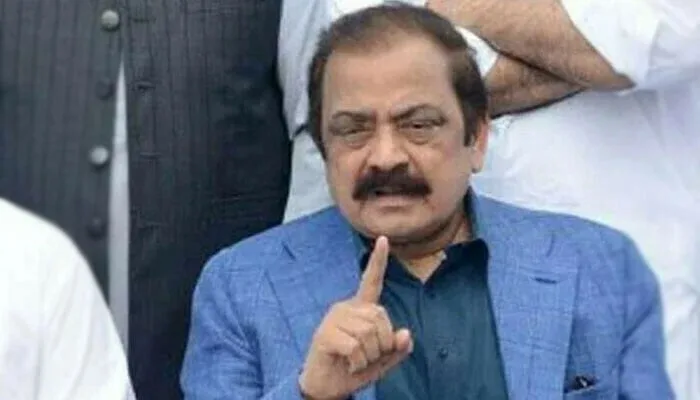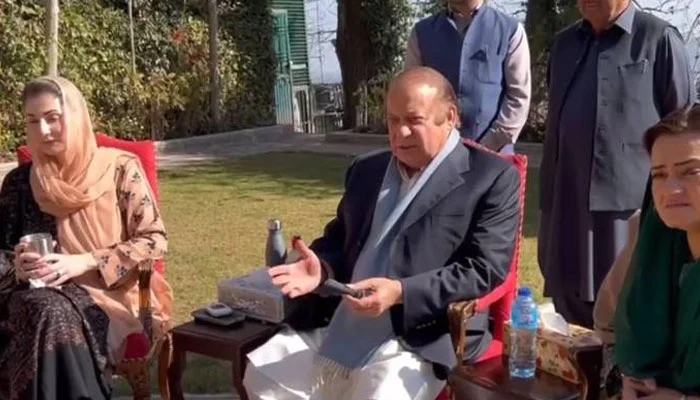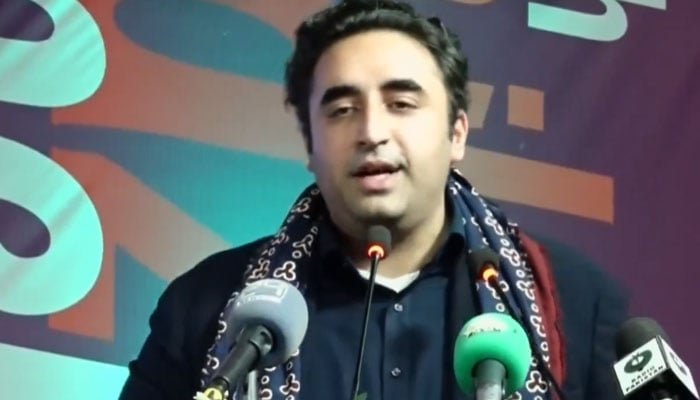The ongoing political discourse in Pakistan has been marked by tensions and disagreements between the Pakistan Muslim League-Nawaz (PML-N) and the Pakistan Tehreek-e-Insaf (PTI), with leaders from both parties offering divergent views on the current state of affairs.
PML-N leader Rana Sanaullah recently voiced his concerns regarding what he perceives as the PTI’s inclination towards authoritarianism. Speaking on Geo News program Naya Pakistan, Sanaullah criticized the PTI’s approach, alleging that it seeks to wield power through imposition rather than democratic processes. He emphasized the importance of political parties uniting to uphold constitutional principles and ensure that institutions operate within their designated roles. Sanaullah’s call for political stability as a means to address the country’s challenges highlights the need for consensus-building and collaboration among political stakeholders.
Moreover, Sanaullah expressed frustration at the PTI’s tendency to blame opposition parties for national issues without engaging in meaningful dialogue or negotiation. He highlighted the establishment of a committee for negotiations, which, despite being in place for over a year, has failed to elicit any response from the establishment. Sanaullah’s remarks underscore the PML-N’s stance on the importance of constructive dialogue and engagement to resolve political differences and foster national unity.
In contrast, PTI’s main spokesperson Rauf Hassan offered a different perspective during his appearance on the same program. Hassan defended the PTI’s efforts to engage with the establishment, noting the formation of a committee for negotiations that has been active for two and a half years. He reiterated the PTI’s readiness to engage in dialogue with the establishment, emphasizing the party’s commitment to resolving issues through peaceful means.
Hassan also addressed the PTI’s stance on opposition parties, particularly the PML-N, Pakistan Peoples Party (PPP), and Muttahida Qaumi Movement (MQM), accusing them of usurping the PTI’s electoral mandate. He categorically stated that there would be no negotiations with these parties, while affirming the PTI’s willingness to engage with other political entities. Hassan’s remarks reflect the PTI’s assertive stance on preserving its electoral legitimacy and willingness to engage in dialogue with willing partners.
The contrasting viewpoints of Rana Sanaullah and Rauf Hassan underscore the deep-seated divisions and ideological differences that characterize Pakistan’s political landscape. While the PML-N emphasizes the importance of democratic principles and inclusivity in governance, the PTI appears focused on defending its electoral mandate and advancing its agenda through dialogue with select political actors.
As Pakistan navigates through its political challenges, finding common ground and fostering constructive dialogue among all stakeholders will be essential to achieving lasting stability and progress. Both the PML-N and PTI, along with other political parties, must prioritize national interests above partisan agendas to address the pressing issues facing the country and chart a path towards a prosperous future.



